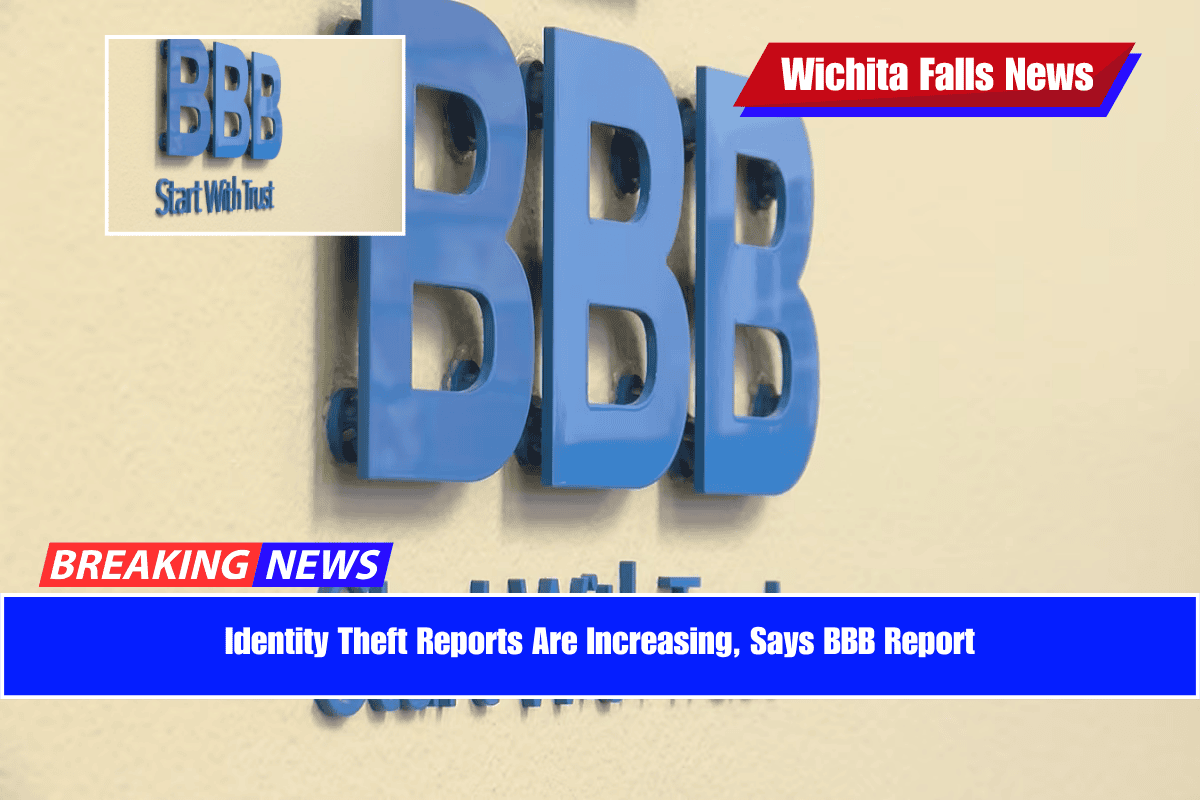The Better Business Bureau (BBB) has issued a warning about the growing number of identity and information theft cases across the country. With the rise of advanced AI tools and increased activity on dark web platforms, scammers are finding new ways to steal personal information.
According to the BBB, more than 16,600 identity theft cases have been reported recently, and the trend is continuing to rise. As scammers become more sophisticated, it’s more important than ever to protect yourself and your personal data.
To help, the BBB has shared some simple but powerful tips that anyone can follow to reduce the risk of falling victim to identity theft.
1. Keep Your Personal Information Secure
Your Social Security number, bank details, passwords, and usernames are highly valuable to identity thieves. Be extremely cautious about who you share this information with. Only give these details to trusted sources, and never enter them on suspicious websites or unsecured apps.
Also, avoid posting personal info publicly on social media, where it can easily be picked up by scammers.
2. Monitor Your Accounts Regularly
Even if you’ve done everything right, identity theft can still happen. That’s why it’s important to check your financial accounts and credit report regularly. Keeping an eye out for unusual transactions or changes can help you spot fraud early—before it becomes a serious problem.
You can get a free credit report from each major credit bureau once a year at AnnualCreditReport.com.
3. Use Strong Passwords and Enable Multi-Factor Authentication
Creating strong, unique passwords for every online account is one of the easiest ways to stay protected. Don’t reuse the same password across multiple platforms.
In addition, multi-factor authentication (MFA) adds an extra layer of security. Even if a hacker guesses your password, they’ll still need to verify using a second step—like a code sent to your phone or email—before they can access your account.
4. Freeze Your Credit If You’re Not Applying for New Loans
If you don’t plan to open any new credit cards or loans soon, consider freezing your credit. This stops anyone (even you) from opening a new account using your identity unless you unfreeze it first.
You can also set up fraud alerts with credit bureaus. These alerts warn lenders to take extra steps to verify your identity before approving any credit requests.










Leave a Reply